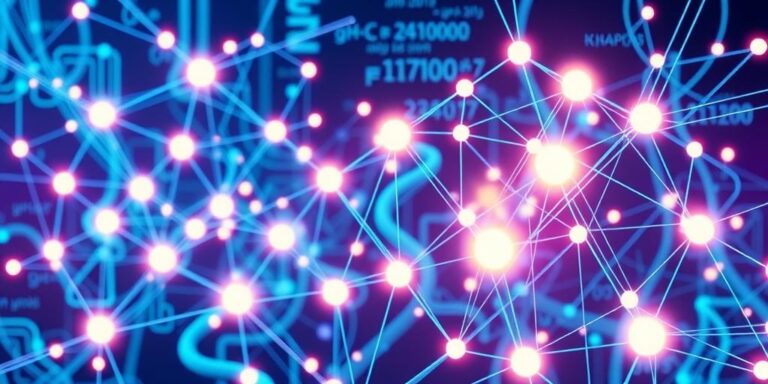Solving Unsolvable Problems: Quantum’s Promise for 2030
Quantum computing, once a theoretical dream, is rapidly approaching practical application. By 2030, it’s poised to revolutionize fields grappling with computationally intractable problems. Let’s delve into the transformative potential of quantum computing and explore the challenges and opportunities that lie ahead.
What Makes Quantum Computing Revolutionary?
Classical computers store information as bits representing 0 or 1. Quantum computers leverage qubits. Qubits exploit quantum mechanical phenomena like superposition and entanglement. Superposition allows a qubit to exist in a combination of 0 and 1 simultaneously, vastly expanding computational possibilities. Entanglement links two qubits, such that the state of one instantly influences the other, regardless of distance. This interconnectedness enables quantum computers to perform calculations impossible for even the most powerful classical supercomputers.
Key Areas of Impact by 2030
1. Drug Discovery and Materials Science:
Simulating molecular interactions is a computationally intensive task. Quantum computers can accurately model these interactions, accelerating the discovery of new drugs and materials. Imagine designing novel catalysts for sustainable energy production or creating personalized medicines tailored to an individual’s genetic makeup.
2. Financial Modeling:
The financial industry relies heavily on complex algorithms for risk assessment, portfolio optimization, and fraud detection. Quantum algorithms can analyze vast datasets more efficiently, leading to more accurate predictions and improved decision-making. This could translate to better investment strategies and more secure financial systems.
3. Cryptography:
Quantum computers threaten current encryption methods like RSA, which rely on the difficulty of factoring large numbers. Quantum algorithms, such as Shor’s algorithm, can efficiently break these codes. However, quantum computing also offers a solution: quantum cryptography. Quantum key distribution (QKD) uses the laws of quantum mechanics to create unbreakable encryption keys, ensuring secure communication in the quantum era.
4. Artificial Intelligence:
Quantum machine learning holds the potential to enhance AI algorithms significantly. Quantum computers can speed up the training process for machine learning models and enable the development of new algorithms that are impossible to run on classical computers. This could lead to breakthroughs in image recognition, natural language processing, and other AI applications.
5. Logistics and Optimization:
Optimizing complex systems, such as supply chains and transportation networks, is a computationally challenging task. Quantum algorithms can find optimal solutions more efficiently, leading to significant cost savings and improved efficiency. Imagine optimizing delivery routes in real-time to minimize fuel consumption and delivery times.
Challenges and the Road Ahead
Despite its immense potential, quantum computing faces significant challenges. Building and maintaining quantum computers is incredibly complex and expensive. Qubits are highly susceptible to noise and decoherence, which can introduce errors into calculations. Developing quantum algorithms and software requires specialized expertise.
Overcoming these challenges requires continued investment in research and development, as well as collaboration between academia, industry, and government. As quantum technology matures, it will undoubtedly transform various sectors, solving problems currently considered unsolvable. By 2030, expect quantum computing to be a key enabler of innovation and progress across a wide range of industries.
Quantum Computing Beyond 2030
Looking beyond 2030, the potential of quantum computing is even more profound. We can anticipate even more complex simulations in materials science, leading to materials with unprecedented properties. Quantum AI could lead to artificial general intelligence (AGI), systems capable of performing any intellectual task that a human being can. As quantum computers become more powerful and accessible, their impact on society will only continue to grow.




